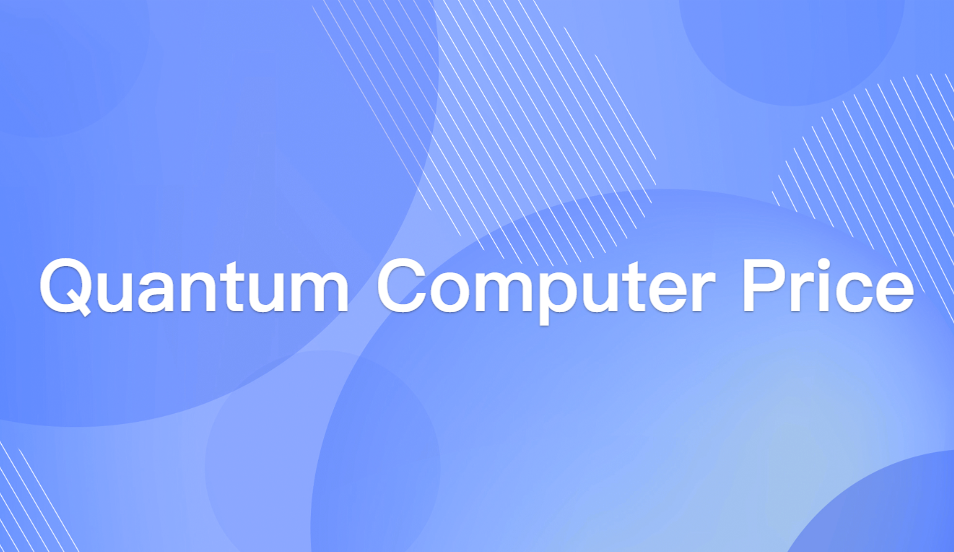Quantum Computer Price: Why It's So Expensive (And It Really Costs)
Commercial quantum computer price tags typically start above $5 million, with custom superconducting systems often hitting $100 million or more. This wild range comes down to qubit counts, tech paths (superconducting vs. ion trap), and real-world use cases. Sure, quantum computing promises game-changing power for finance, healthcare, weather modeling, and energy—but that insane quantum computer cost leaves most companies wondering if it's even worth the headache. So, why's the quantum computer price so steep?

Ultra-Low Temp Setup & Hardware Costs
Qubits need to run near absolute zero (-273°C) to keep things stable, and that means relying on pricy gear like dilution refrigerators (each costing over $1 million) and superconducting materials. Just the cooling system eats up 30%+ of the whole quantum computer cost. Research shows keeping one rig chilled guzzles 500kW of power—that’s like 200 households’ daily electricity use. Meanwhile, traditional supercomputers barely blink at cooling costs.
R&D and Manufacturing Headaches
The crazy quantum computer price boils down to spreading out insane R&D bills. Big players drop over $1 billion yearly, with 70% going toward error correction and qubit stability. Manufacturing? Total nightmare—qubits need nano-scale assembly in vacuum chambers. Take ion trap tech: calibrating a single qubit eats two weeks of manual tweaking, and a 50-qubit system takes six months to build. This "lab-only" vibe kills any chance of scaling down costs. When you buy, you’re basically footing the bill for the industry’s early-stage R&D sinkhole—that’s why quantum computer cost stays locked high.
Maintenance & Hidden Operational Costs
Buying it is just the start—annual upkeep hits 15% of the sticker price. Data says running one quantum computer costs over $1 million yearly: liquid helium for those fridges, 24/7 expert crews on standby, and beefy lab infrastructure to block vibrations and magnetic fields. Oh, and get this—you’ve gotta shut it down regularly for recalibration, so actual uptime’s shockingly low. "Can afford it but can’t run it" is the norm, which explains why quantum computer price isn’t just the upfront number—it’s packed with sneaky add-ons.
Market Scarcity Drives Up Costs
Right now, only a handful of players actually build these beasts, so demand crushes supply and jacks up the average quantum computer price. Compare that to regular servers—millions shipped yearly, thanks to scale driving costs way down.
Quantum Cloud: A Cheaper Alternative?
Even with that brutal quantum computer price wall, quantum cloud services are opening doors for the rest of us. Skip buying hardware or sweating those hidden costs—you just pay by the second for computing time, cutting expenses by 99% versus building your own rig. But heads up: cloud options work great for testing algorithms or teaching, not for heavy-duty research where top-tier gear shines. For businesses weighing ROI, exploring quantum computer cost starts smart—try Origin Quantum Cloud's free trial to test your needs before diving in.